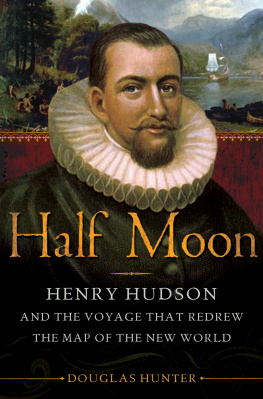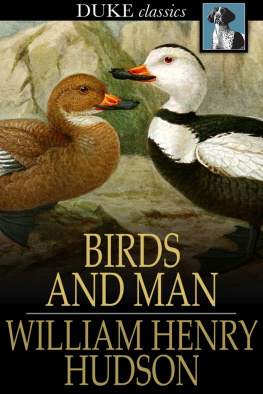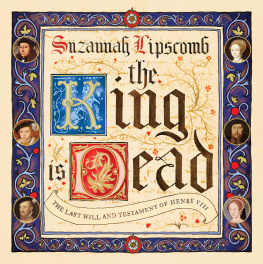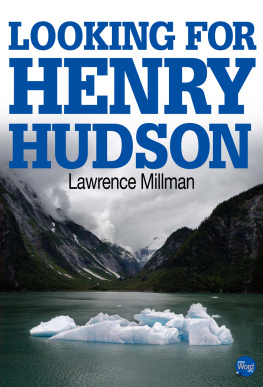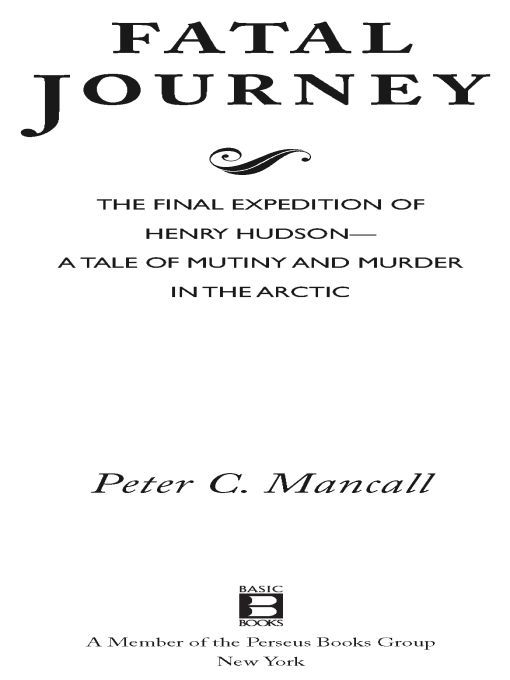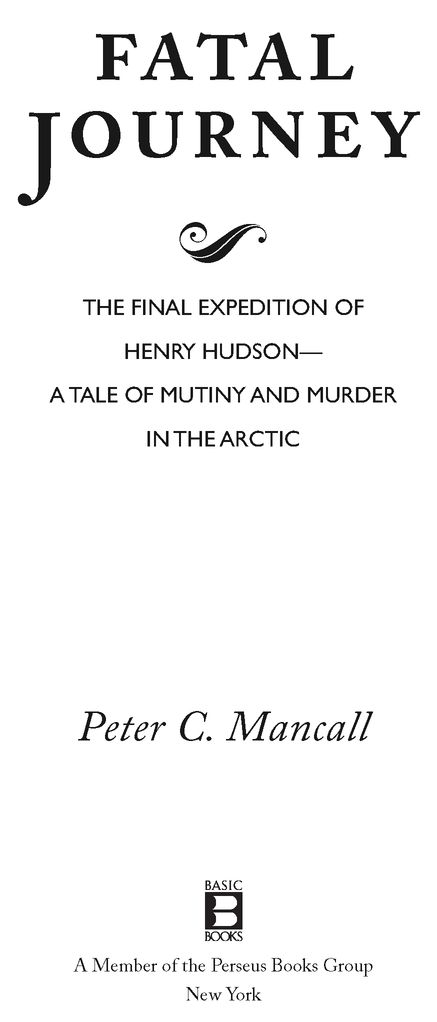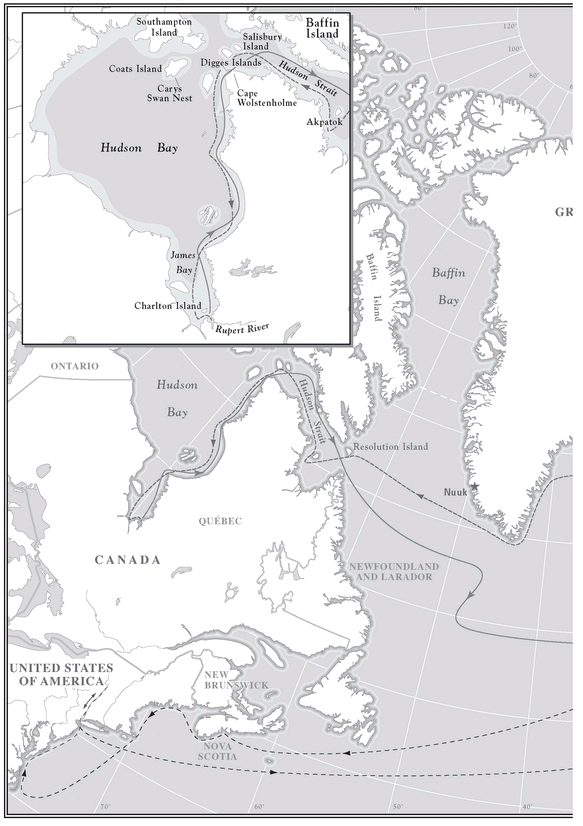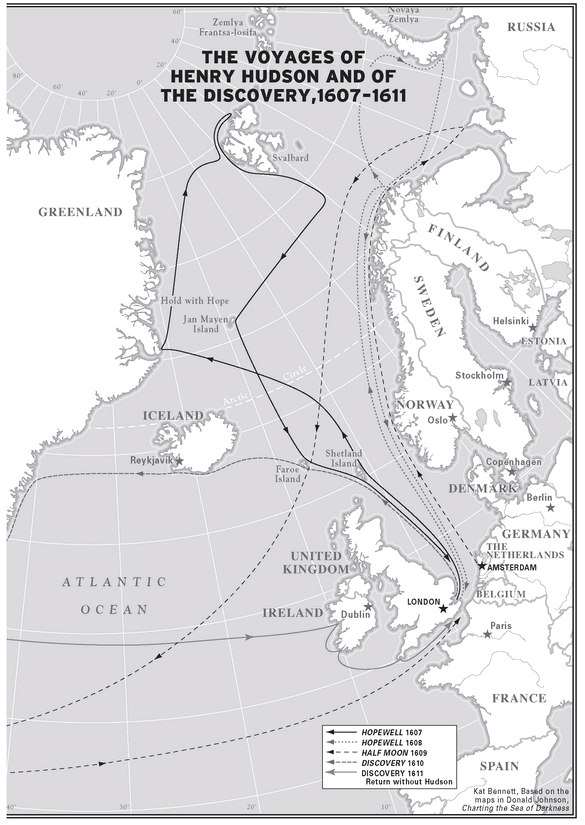Table of Contents
For Lisa
Evil appeareth out of the north, and great destruction.
JEREMIAH 6:1
I.
Mutiny
JAMES BAY, JUNE 1611
Like the needle of a compass, Henry Hudson was always attracted to the North. In 1607, he led a mission that he hoped would take him from England over the top of the world and past the pole toward East Asia. It would be the first of four voyages that would make him one of the most intrepid and important explorers of his ageeven as he failed in his quest to find a northern route to the coveted riches of the East, and even though his final voyage ended in mutiny, mystery, and quite possibly murder.
Like all European explorers of the sixteenth and seventeenth centuries, Hudson knew that fame and immense riches would accrue to the one who found a new and quick route to the vast markets of spices and silks in East Asia and the Southwest Pacific. For almost a century, the English had sought a shortcut to the South Sea, the term Europeans used for the Pacific Ocean. Explorers recognized that discovering the route would bring glory to their realm and abet the larger Protestant mission of rescuing Christendom from the thrall of Rome. Of course, Hudsons backers had other goals too, notably making an enormous fortune by controlling the trade between East Asia and England. The English East India Company, organized only a few years earlier, had already begun sailing vessels home from the Spice Islands laden with pepper, cinnamon, cloves, and nutmeg. But they had to follow the long course from India around Africa before arriving in Londona journey through thousands of miles of open seas that put them at risk of assault by Barbary pirates who had the unfortunate habit of taking English sailors captive and selling them as slaves. Hudson realized that a northern passagedespite the risks every sailor confronted in the Arcticcould cut the time substantially, and thereby increase profits by reducing the costs of any venture. A man of few words but of evident ambition and significant experience with the sea, he could have become as famous as Sir Francis Drake and possibly won great wealth.
That 1607 expedition to sail past the pole failed, and Hudson turned home. But he was not a man who easily gave up. The next year he launched another expedition from England in search of the Northeast Passage, a water route long theorized to exist leading through seas north of Russia to East Asia. Hudson could not find a path through the pack ice that blocked the route, and once again he returned to England. It would take almost 300 years before Europeans managed to plow through and circumvent the ice blocking the passage from the Atlantic to the Pacific north of Russia.
Despite his failures, Hudsons reputation remained intact. He had attracted the attention of potential investors who saw him as a leader who took informed, calculated risks, the kind of man who could safely lead an expensive, speculative foray into unknown waters without loss of life or a waste of his backers funds. In 1609, the Dutch East India Companythe leading competitor of the English mercantile househired Hudson to lead another journey in search of the Northeast Passage. Hudson guided the 80-ton Halve Maen (Half Moon) toward that potential route, but along the way he gave up on it and instead sailed across the Atlantic. He had hoped to find an entryway to the much-fabled Northwest Passage somewhere north of Virginia, where the English had only recently established a colony based at Jamestown. Hudson eventually sailed into modern New York harbor and then up the river that now bears his name, a journey that earned him a permanent place in American history. On his return he landed in England, where he reported that he hoped to return to America soon.
At the time of his fourth voyage in 1610, no English mariner of the age knew the North Atlantic as well as Henry Hudson. His boldness in leading ships northward season after season had revealed him as a man willing to take risks in the effort to explore new territory and bring home both hard-won knowledge and the promise of profit. Remarkably, none of Hudsons men perished on his expeditions of 1607 and 1608. He had proved he knew what it took for his men to survive. He knew how to overcome what, 300 years later, the American novelist Jack London would identify as the Fear of the North, the terrifying child of the Great Cold and the Great Silence. He acknowledged and anticipated the terrors that shrouded the Arctic once the sun, perpetually visible during the prime sailing months, made its inevitable dip below the horizon and virtually disappeared for months. The darkness that followed could seem inescapable to those unfamiliar with northern rhythms. Ship candles and oil lamps provided small solace in an enduring gloom that, for those trapped in ice and snared by darkness, could feel like an interminable prison sentence, one that could incite despondency, fury, and madness.
By the time Hudson sailed, English mariners did have some understanding of what they would find in the Arctic. Norse sailors had traversed the northern reaches of the Atlantic in the centuries around the year 1000, and in the process had established outposts in Iceland, Greenland, and Newfoundland. But they had abandoned their efforts west of Iceland well before 1500. In the years following the journeys of Christopher Columbus, the English had sponsored expeditions captained by the Venetians John and Sebastian Cabot, but those journeys did not lead to any sustained efforts to explore North America for another two generations. Martin Frobisher sailed the North Atlantic in the mid-1570s, and on his third journey he brought home 200 tons of ore that had glistened in the midsummer sunshine, only to discover with dismay that it was worthlesstons of rock, no gold. Sir Humphrey Gilbert, half-brother of Sir Walter Ralegh, sailed to Newfoundland in 1583, but two of his three ships, including the one he was on, sunk on their return. The English mariner John Davis led three journeys in the mid-1580s in search of the Northwest Passage; he explored the west coast of Greenland, sailed north into the strait that now bears his name, and also navigated the eastern shores of Baffin Island and modern Labrador.
Hudson had learned a great deal from these other explorers before he set off to find the Northwest Passage on the 55-ton bark named Discovery. Prior to his 1609 journey, he had met Captain John Smith, a veteran of voyages to the new English colony on the banks of Chesapeake Bay, who was eager to share his theories about the possible water route through North America. Hudson quite likely knew Richard Hakluyt, Englands preeminent authority on overseas navigation. Hakluyt had published numerous accounts of journeys to the Northwest Passage and inspired potential explorers and a wider audience with the texts he edited and reprinted in his collections. Hudson had also befriended some of Europes most sophisticated mapmakers. From such authorities he gathered the most complete and up-to-date information pointing to the existence and location of the Northwest Passage.


